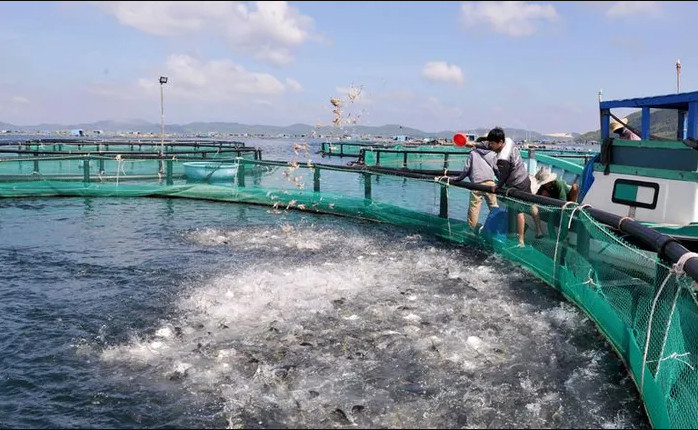Phu Yen has over 21,000 hectares of brackish water surfaces including lagoons, bays, tidal flats, river mouths, etc., which are advantageous for aquaculture development. The aquaculture industry in Phu Yen has been developing for over 30 years, constituting approximately 56% of the province’s aquaculture production value. In 2023, the aquaculture output reached around 17,500 tons, with lobster accounting for over 2,000 tons.
According to the People’s Committee of Song Cau Town, lobster farming has contributed to employment for over 4,000 households, with about 10,000 direct workers involved in lobster farming. Mr. Nguyen Thai Hai Anh, Deputy Head of the Economic Department of Song Cau Town, stated that currently, lobster farming in Song Cau Town primarily exports to the Chinese market (accounting for about 80-90%). However, this market is unstable due to the majority of exports being informal.
To develop sustainable lobster farming, local authorities are addressing challenges such as land allocation for water surfaces, issuing licenses and farming area codes, establishing supply chains, and providing codes for businesses. They are also seeking partnerships and expanding markets to stabilize the export of lobster products.
Currently, only Tien Kieu Co., Ltd. in Phu Yen has been granted a code to export lobster formally to the Chinese market. According to Mr. Tran Van Thom, Deputy Director of the Lobster Comprehensive Service Cooperative of Song Cau, China remains a potential market for Vietnamese lobster. However, this market is increasingly stringent, demanding high standards of quality and origin. The cooperative is investing in infrastructure and facilities to meet these standards and complete the required documentation and regulations set by China to obtain a code for exporting live lobster to this market.

